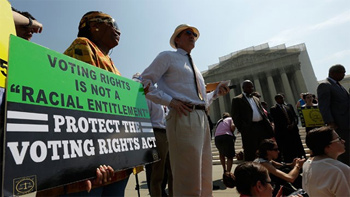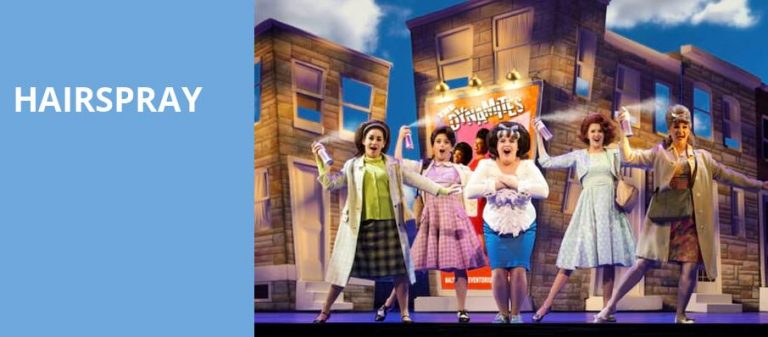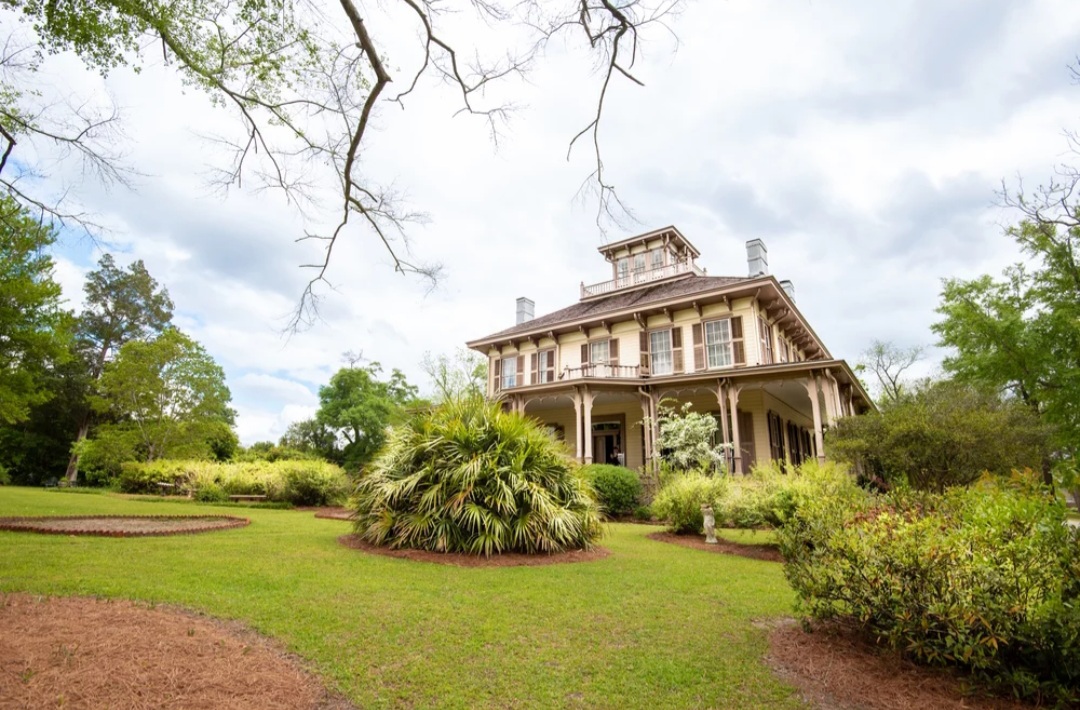
We’ve heard a lot about voting rights. Questions were raised across the nation on what identification is needed to vote, the time it takes at polls, how voting district maps are drawn, and now the Supreme Court has ruled section 4 of the Voting Rights Act of 1965 (VRA) is unconstitutional. Why all this attention on voting rights? Votes matter. Your vote is your right as a citizen. It is the tool we have to make sure all voices are heard and that our politicians make decisions in alignment with the people’s interests on issues that shape our society. Decisions such as where our tax dollars get spent, who can get married, and those that create a fair market. The basic rights of Americans were eroded by the Supreme Court decision and are now more vulnerable at state and local levels.
The 13th Amendment freed slaves and the 15th Amendment, passed 5 years later in 1870, gave people of color the right to vote. However, measures passed as late as 1966, finally gained control of the discriminatory practices used by some representatives to make it difficult for people of color and women to vote. Openly discriminatory practices were literacy tests, id requirements, and moving polls. Others were indirect such as redistricting or drawing district boundaries so representatives of a particular group are fixed to win. Section 4 was designed to prevent these practices from continuing in areas that used these tactics. In California, it applied to Kings, Monterey, and Yuba counties for past efforts that made it difficult for Asians and Latinos to vote. These counties no longer have to seek federal approval on changes to their voting practices. The VRA required federal review of voting practice changes prior to them being enacted to prevent changes that were biased or set up obstacles to deter certain citizens from voting. All states, counties and cities can now change their voting guidelines at will unless Congress comes up with another formula to determine which areas should be monitored.
Fair citizens must step forward and be vigilant in our political process to combat unwavering special interest groups. Without active citizens learning how voting practices impact our communities and using our vote to replace politicians that do not represent the will of the people, we can expect a rise in voting practice laws that reduce or skew the number of participating voters.
Read more info about “Securig the Vote for All Americans” when President Obama, Attorney General Eric Holder, and Secretary of Labor Tom Perez met on July 29th with civil rights leaders, and state and local elected officials at the White House to discuss how to safeguard every eligible American’s right to vote in light of the recent Supreme Court decision on Shelby County vs. Holder.
Be sure to mark your calendar and join “Civil Rights 2.0 Discussion Forum” taking place on Tuesday, August 27th from 5:30 pm to 7:30 pm at Underground Books in Sacramento, California….presented by California Forum Crossroads and the Sac Cultural Hub Media Foundation in partnership with UC Davis Office of Campus Community Relations. CLICK HERE to see more information about the upcoming 50th Anniversary March on Washington taking place on August 28th in D.C.
Submitted by Contributing Staff Writer, Valarie Scruggs




